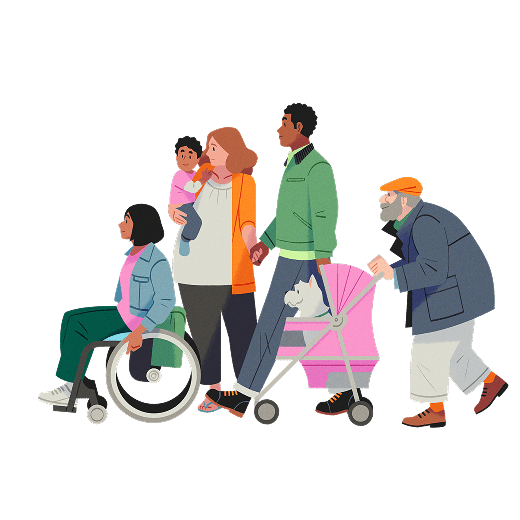Featured Stories
News and expert tips and advice for families

Complete Guides for Families
Compare care options and costs to find the best choices for your family.
Newest
The most recent stories
Trending
The most popular stories
Editor's Picks
Senior Care
News, expert tips and advice for older adults and their families
Child Care
News, expert tips and advice for parents and caregivers
Pet Care
News, expert tips and advice for pet owners
Housekeeping
News, expert tips and advice on cleaning and home improvement




















